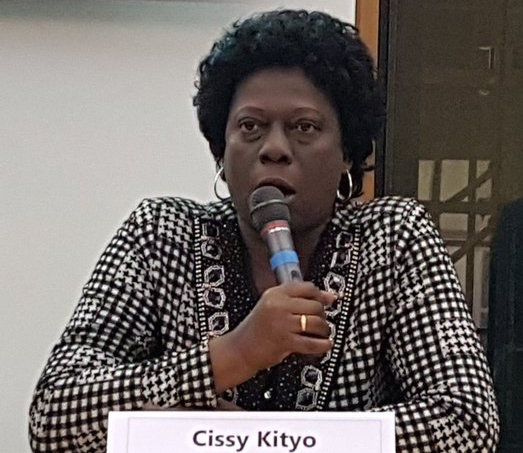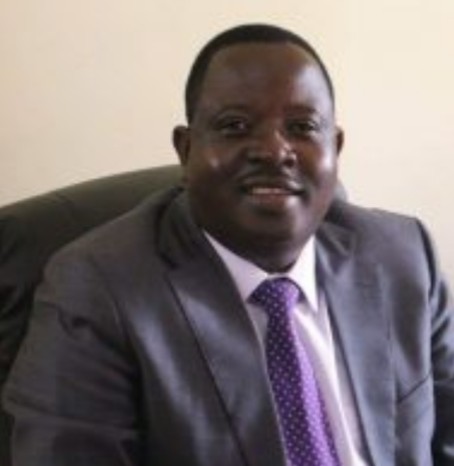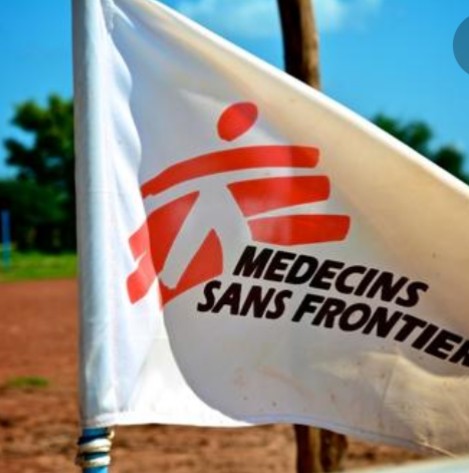|
Getting your Trinity Audio player ready...
|
By Edward Makuzva
The Joint Clinical Research Centre in Kampala has teamed up with Fred Hutchinson Center in Seattle to develop a gene therapy treatment for HIV that will be ready for testing in Uganda by 2024 and this will be the first gene therapy trial in Africa
In light of the increasing global burden of new HIV infections, growing financial requirements, and shifting funding landscape, science must accelerate the development and delivery of an HIV cure to complement existing prevention modalities.
An effective curative intervention could prevent new infections, overcome the limitations of Antiretroviral Treatment (ART), and combat stigma and discrimination, thereby providing a sustainable financial solution for pandemic control.
Speaking at a Zoom meeting, during a Science Café on HIV Cure Research organised by Health Communicators Forum (HCF) facilitated by the Humanitarian Information Facilitation Centre (HIFC) funded by AVAC, Ugandan researcher, Dr. Cissy Kityo added that a cure could benefit an estimated 38 million people living with HIV and 400 000 people living with sickle cell disease today.
Dr. Kityo highlighted that despite expanded access to treatment, HIV remains a leading cause of death. Tablets need to be taken daily and patients get pill fatigue where adherence to ART regimens is inconsistent.
She said Gene Therapy (GT) can be used to cure many diseases including HIV and Sickle Cell anaemia using a one-time treatment.
The Ugandan researcher also pointed out the HIV sub-type, unique to the Southern African population is weighing in co-morbidities.
“While strengthening HIV cure research in Africa is a top priority because of the high burden and distinct characteristics of HIV in the region, a cure which is scalable, affordable, and available will only be achieved if researchers engage and work with affected communities, local scientists and local HIV care advocates”, Dr. Kityo explained.
The veteran doctor welcomes the HCF project where health science journalists will be capacitated with more information on HIV Science Cure Research as this promotes accurate dissemination of information in the reportage. An informed media is able to amplify the correct message.
There are two main clinical trials underway, the ex-vivo and in-vivo gene therapy trials.
“Ex-vivo gene therapy involves the genetic modification of cells outside of the body to produce therapeutic factors and their subsequent transplantation back into patients and various cell types can be genetically engineered while in-vivo gene therapy uses viruses or other methods to deliver genes directly inside the body.
“Both types of gene therapy are being studied to treat medical conditions like certain types of cancer as well as genetic and inherited disorders”, Dr. Kityo added.
She highlighted that the Joint Clinical Research Centre in Kampala has teamed up with Fred Hutchinson Center in Seattle to develop a gene therapy treatment for HIV that will be ready for testing in Uganda by 2024 and this will be the first gene therapy trial in Africa.
She added that the licensed product which will be evaluated in Uganda is the Anti-HIV duoCAR-T cell therapy; it modifies T cells such that they may be able to directly control HIV in the absence of therapy. This product is currently being evaluated in Phase 1 clinical trials at the University of California, San Francisco.
Uganda is also currently developing genetic engineering policy and the regulatory approval pathway. One Ugandan scientist is currently being trained to manufacture gene therapy products at the Fred Hutchinson Center.
As from 1990, the veteran Dr Kityo has been in the research field, and statistics reviewed that that approximately 38 million people globally, living with HIV, with a million plus people newly infected yearly.
Although new infections have substantially decreased since the peak of 2,9 million people in 1997, prevalence has steadily increased because of the successful scale-up antiretroviral therapy (ART) , increasing the lifespan of people living with HIV.
At current growth rates, over 42 million individuals will live with HIV by 2030.
It is with this figure in mind that an HIV Cure is of necessity.






